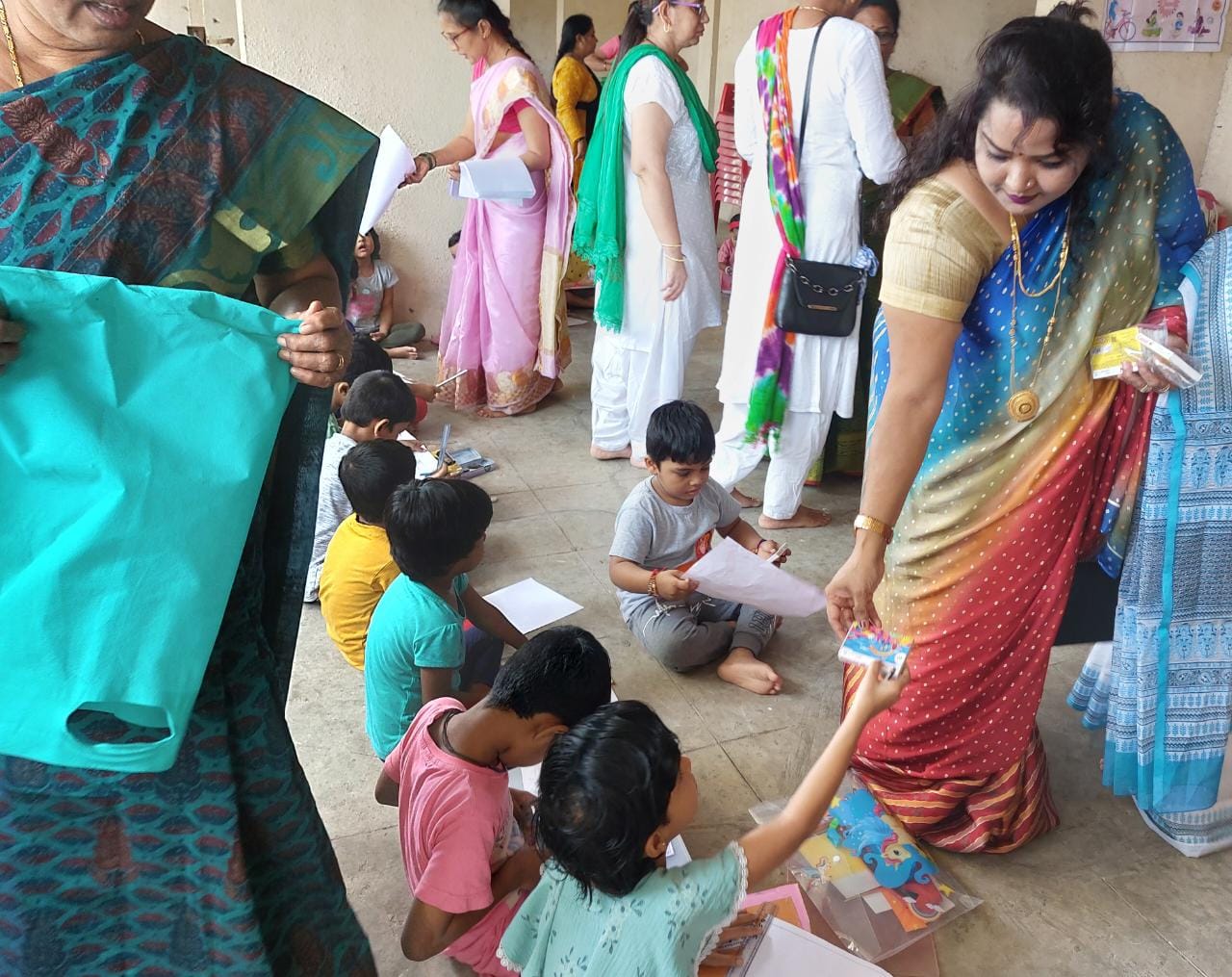What we do | Jagrut Mahila Sangh Trust
- Home
- What we do
The way we commit ourselves in improving the lives of the street children through social work is indeed commendable; what we do serves as a light at the end of the tunnel to those who are goal-oriented and persevering.


Women’s Empowerment
Throughout the world, it is a well-known fact that ladies and smaller women are discriminated against and violently oppressed, with three in ten women suffering from gender based violence in their own life times. This kind of discrimination cuts across different sectors of their life including education practices, community settings as well as within political arenas and work places; not the mention being subjected to sexual harassment coupled with fear for their lives every single day. Women and girls get caught up in poverty due to this discrimination, i.e., gender inequality while gender equality means equal rights, responsibilities, opportunities, as well as treatment for both women and men, allowing girls & boys to fully realize themselves; In addition to this, it boosts lifestyles of societies.
How do we empower women?
Jagruti Mahila Sangh, a Women Empowerment Trust, empowers women to become informed decision-makers with a say about how they live. Our programmes are run on personal as well as community-based approaches aimed at advancing gender equality and questioning violence directed against women. Ultimately, we strive to help women develop their own self-confidence and self-respect thereby enhancing their capability to make appropriate choices, understand their needs better and those of their children or other family members; take part in joint decision-making and control over family resources; assume roles that promote gender equality among the household members and general community populations. Furthermore, our services help in decreasing the likelihood of gender-based violence and in promoting recovery, social transformation as well as care for victims of violence.




How we educate the street children’s.
Moreover, the community can improve children’s education by giving it a culture of learning and academic achievement. Often, where there are strong cultures of valuing and celebrating education, children will have interest after its importance followed by setting academic objectives for themselves. This move will increase their motivation thereby making them attend school regularly leading to improved academic performance. Generally, social trust is an important aspect in children’s education support system. Through encouraging robust ties and relationships amid schools, families and communities, we can combine efforts in street children support which would ensure that no child lacks access to superior educational opportunities plus the assistance required to triumph
